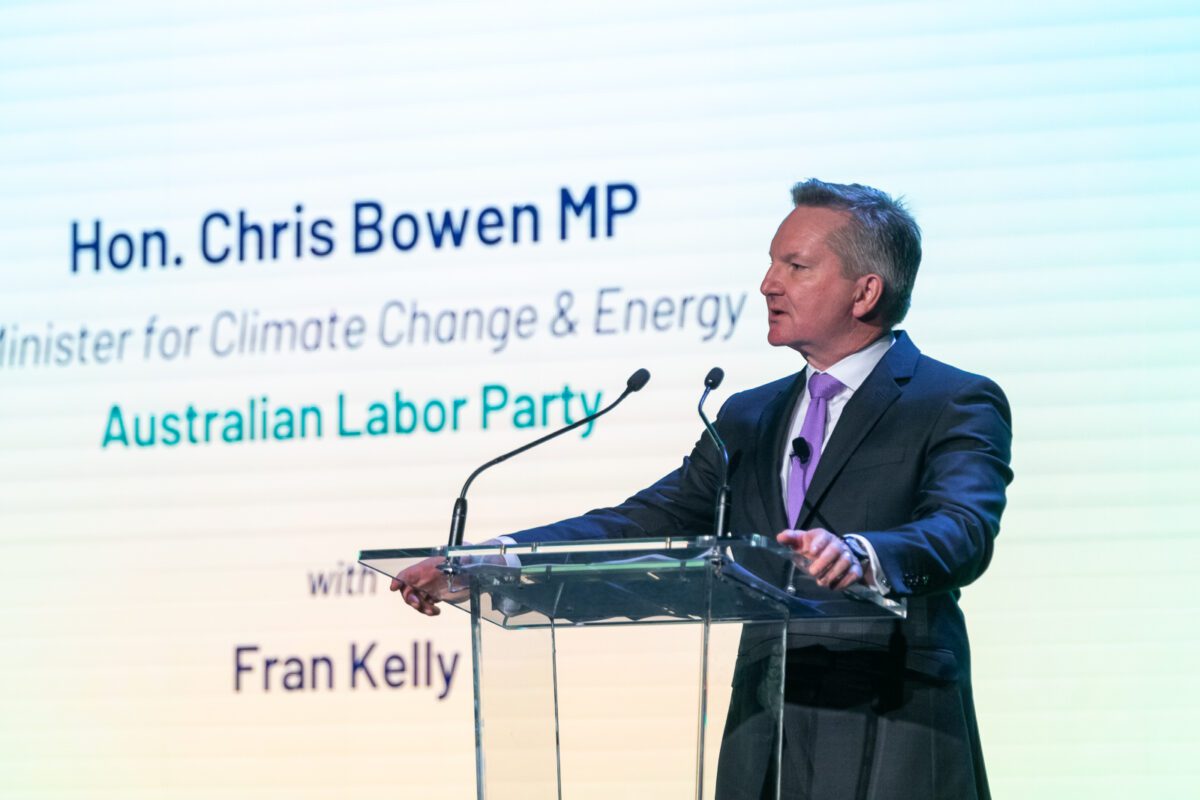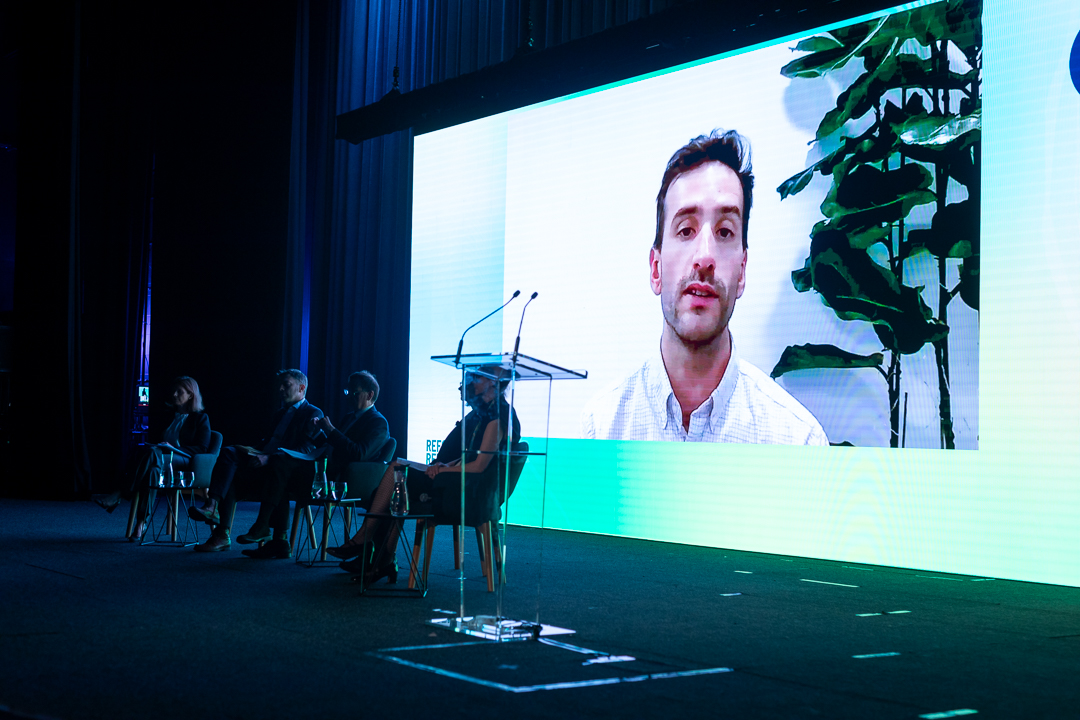Media Alert
Last night’s Budget includes some welcome taxpayer funded investments in emission reduction technologies and for local and regional carbon markets, but stronger climate commitments and investment signals to guide businesses are noticeably absent, says the Carbon Market Institute (CMI).
CMI CEO John Connor said: “The Budget contains some welcome pragmatic initiatives. However, required stronger climate commitments and investment signals have been put off at least for now.
“Australia needs carbon market reforms to guide investments so business rather than the taxpayer becomes the primary driver in emission reductions.
“We look forward to further details on investments in emission reduction at some of Australia’s emission intensive facilities as well as in soil carbon measurement and innovation.”
Mr Connor said the Budget was an investment in expanding Australian carbon markets and assisting those in the Indo-Pacific, with key highlights including:
- Almost $280m for purchasing of emission reductions below compliance safeguard baselines with auction or mechanism details to be developed after consultation. Last year’s Low Emission Technology Statement indicated these would have to be “transformational”;
- Over $100m in the next two years to assist farmers in measuring soil carbon and $56m for soil carbon technology innovation as the Clean Energy Regulator develops improved method for the Emission Reduction Fund (ERF) auctions;
- $10m for enhancing the government’s “Climate Active” certification scheme to encourage greater voluntary corporate investment in Australian government accredited emission avoidance or drawdown activities;
- Almost $60m investment in assisting development of Indo-Pacific high integrity carbon credits which may enable our neighbours to participate in Paris Agreement carbon markets.
The Budget also contained investments in technologies:
- Over $560m for supporting “low emission technology international partnership” investments in Australian based research and development;
- $275.5 million to accelerate the development of four additional clean hydrogen export hubs; and
- $263.7 million to support the development of carbon capture technologies and hubs.
“The Budget states these are in addition to the Climate Solutions Fund which has almost $2 billion committed to ERF auction commitments over fifteen years. This commitment will kick in at the next auction in September when Tony Abbott’s ERF will be fully committed,” he said.
“These are welcome and pragmatic investments of our taxes in technology and carbon markets, but Australia needs to make stronger 2030 and 2050 emission reduction commitments.
“There are numerous international events and Australia’s Long Term Emission Reduction Strategy to come before November’s COP26 Paris Agreement meeting where Australia can join other countries strengthening climate commitments.
“Stronger commitments and policies are needed to decrease the reliance on taxpayers, lessen risks of carbon border adjustments on Australian exports and to guide the transition of Australia’s economy to net-zero emissions before 2050.”
The CMI is the independent industry association for business leading the transition to net zero emissions. Its members include primary producers, carbon project developers, Indigenous corporations, legal and advisory services, insurers, banks and emission intensive industries developing decarbonisation and offset strategies.



